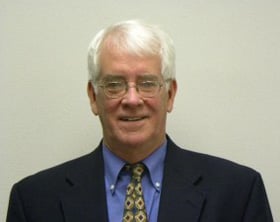
Personal Injury

Police Brutality

Civil Litigation

Criminal Defense
Experienced Attorneys, Exceptional Results, Compassionate Advocates
Attorney Bruce M. Davey has earned the respect of clients, peers, and judges through his dedication to the law, comprehensive knowledge of the law and his skill litigating complex matters. Equally qualified and skilled, attorney Lisa Goldman has proven success helping client get the money their cases commanded, holding police accountable, making insurance companies pay 100% of the value of the harm they caused, working diligently to change the legal landscape for the better.
Our attorneys are a legal resource for the people of Madison and the surrounding Wisconsin areas, whether they are facing challenging litigation issues, need a skilled defense and much more.

Providing A Professional Approach
At Davey & Goldman we focus our energy on knowing the law, learning the facts of your case, and zealously pursuing your goals. We help you understand the law affecting your case. We provide professional representation and by educating you we empower you to make informed decisions in your legal matters. Sometimes, by pursuing your goals we are also able to positively change the law.

Bridging The Gap To Where You Need To Be
Though your issue may be difficult, and your options seem limited, it’s important to understand and establish your legal goals with experienced attorneys who want to listen to you and be a guide through the process. If you would like to get in touch with one of our attorneys and schedule a free initial consultation you can call our Madison office at 608-490-8149 or send an email using the contact form below to briefly describe your legal issue.









